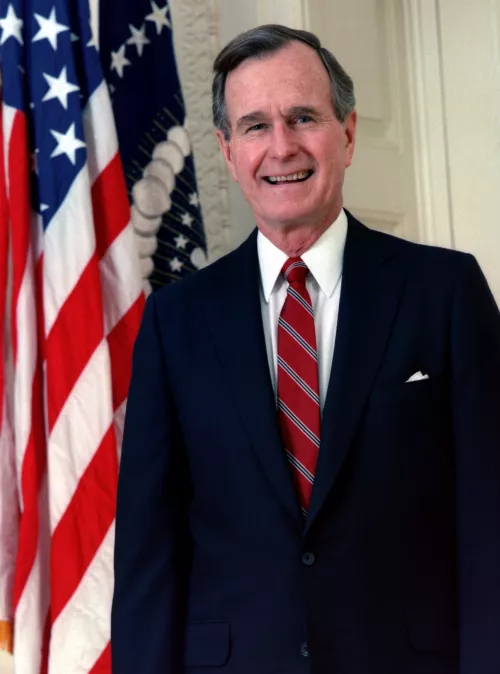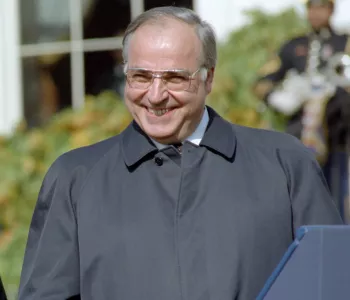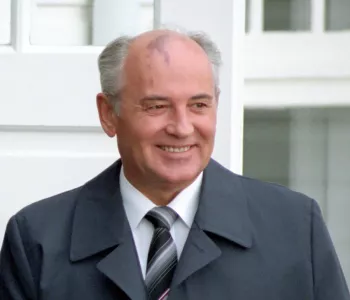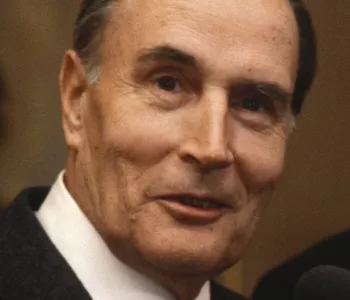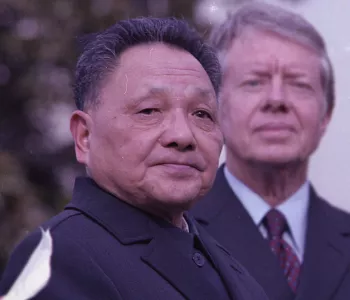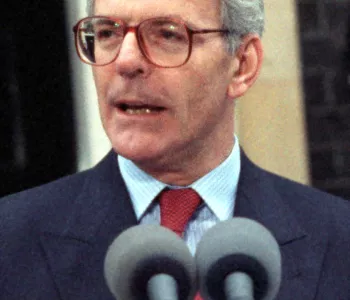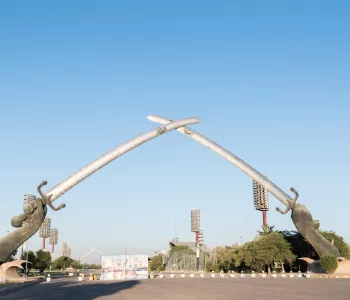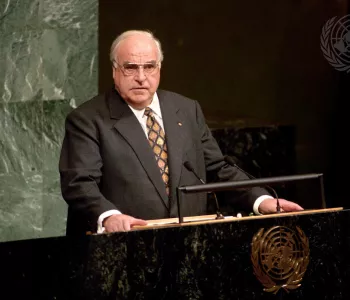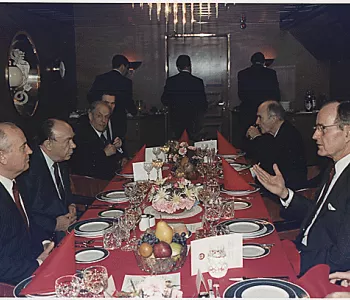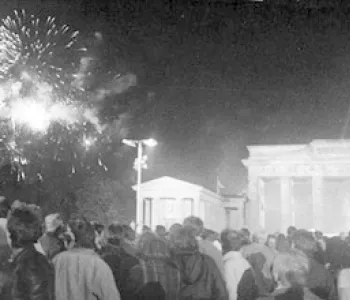George H.W. Bush was born to Prescott Bush and Dorothy Walker. His father was a Senator from Connecticut and a partner in the prominent investment banking firm Brown Brothers Harriman.
George Bush attended Phillips Academy in Andover, Massachusetts from 1936 to 1942. After graduating in June of 1942 he joined the U.S. Navy.
He was a naval aviator during World War II, the youngest ever at that time. He was awarded the Distinguished Flying Cross, Asiatic-Pacific Campaign Medal, and the World War II Victory Medal. While serving in the Pacific Theater as a torpedo bomber pilot, he was shot down by Japanese antiaircraft fire and was rescued from the water by the submarine USS Finback.
After the War he attended Yale University. He married Barbara Pierce on January 6, 1945, and they would have six children.
It is believed he joined the CIA as an agent in 1959, and was involved in the Bay of Pigs Invasion of Cuba in 1961. In 1964, Bush ventured into conventional politics by running against Democratic Senator Ralph Yarborough. He called Yarborough an "extremist" and a "left wing demagogue" while Yarborough said Bush was a "carpetbagger" trying to buy a Senate seat "just as they would buy a seat on the New York Stock Exchange". Bush lost in the 1964 Democratic landslide.
Bush was later elected in 1966 and 1968 to the House of Representatives from the 7th District of Texas. He lost in his second attempt at a Senate seat in 1970 to Democrat Lloyd Bentsen.
Throughout the 70s, under Presidents Richard Nixon and Gerald Ford, Bush served in a number of positions, including Chairman of the Republican National Committee, United States Ambassador to the United Nations, US Envoy to communist China, Director of the Central Intelligence Agency and board member of the Committee on the Present Danger.
In 1980, Bush ran for President, losing in the Republican Party primaries to Ronald Reagan, the former Governor of California. Reagan selected Bush as his Vice President.
Following Reagan's second term, Bush ran for President. As President of the United States, George Bush is perhaps best known for leading the United Nations coalition in the 1990-1991 Gulf War. In 1990, led by Saddam Hussein, Iraq invaded its oil-rich neighbor to the south, Kuwait. The broad coalition sought to remove Iraqi forces from Kuwait and ensure that Iraq did not invade Saudi Arabia.
President Bush's popularity rating in America soared during and immediately after the apparent success of the military operations, but later fell due to an economic recession.
Bush's re-election bid of 1992 failed as he lost to Democrat Bill Clinton, the Governor of Arkansas. He passed away in 2018.
